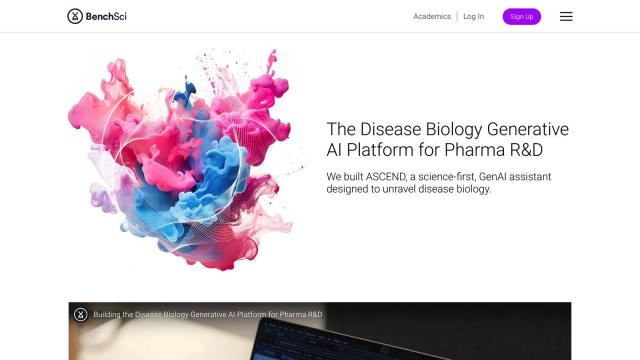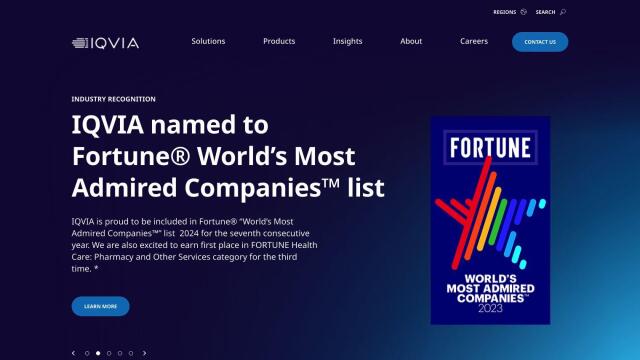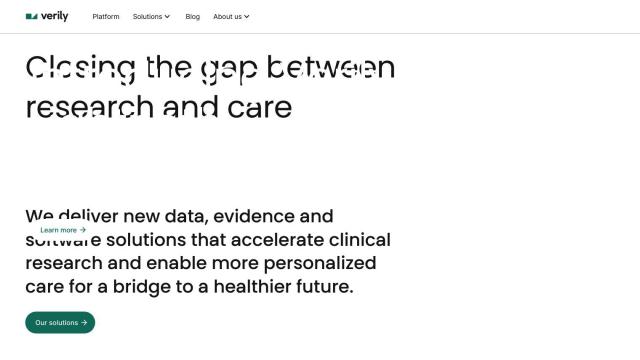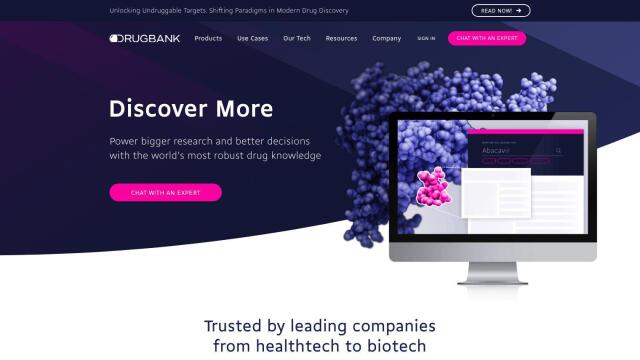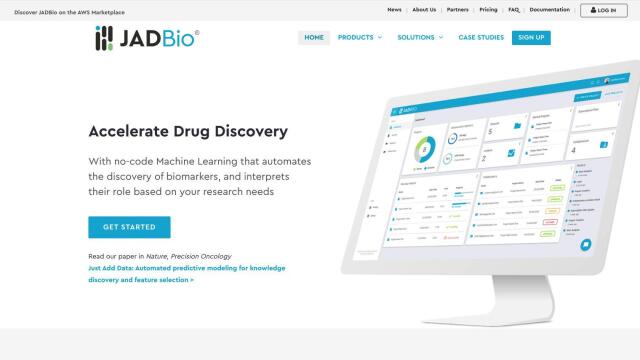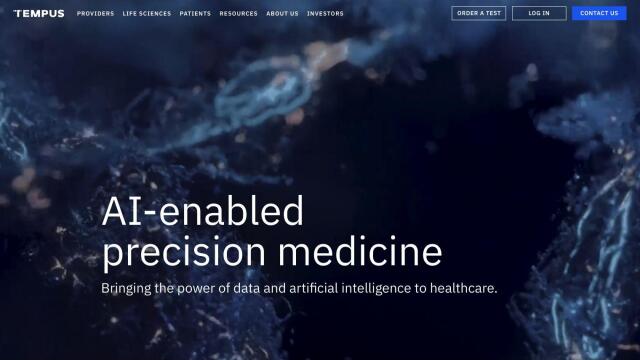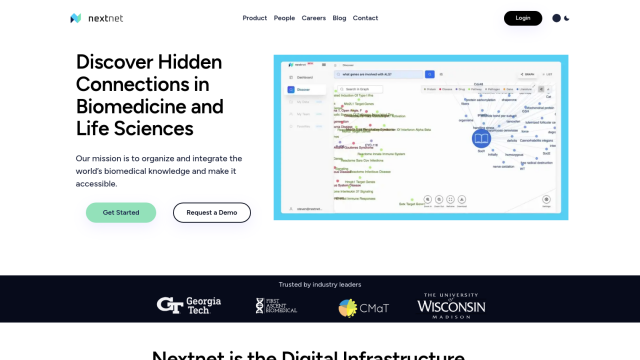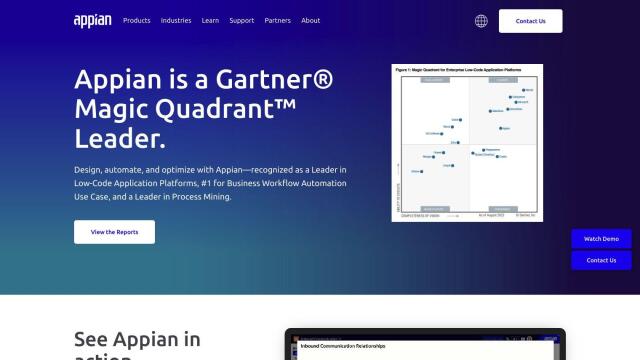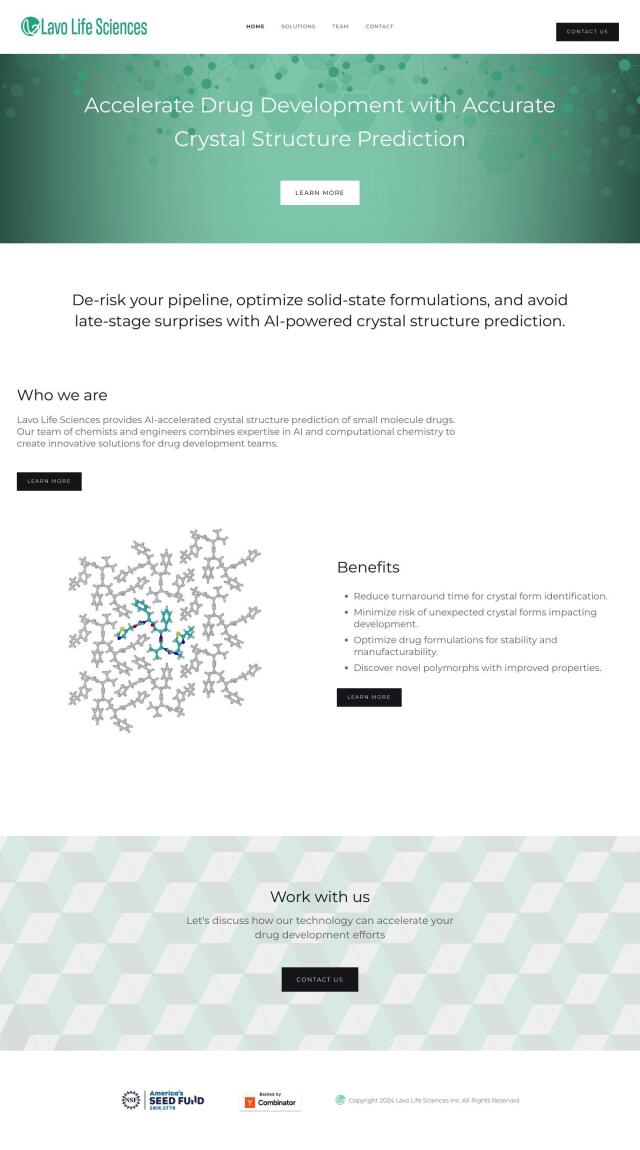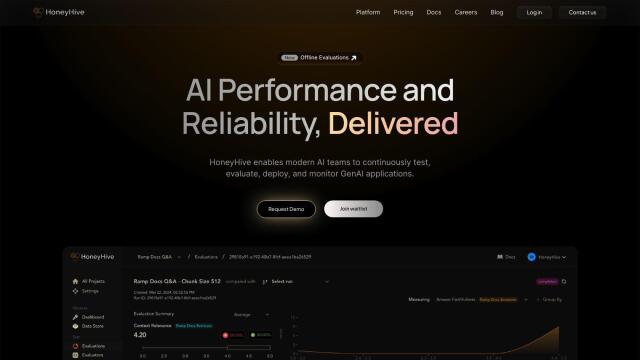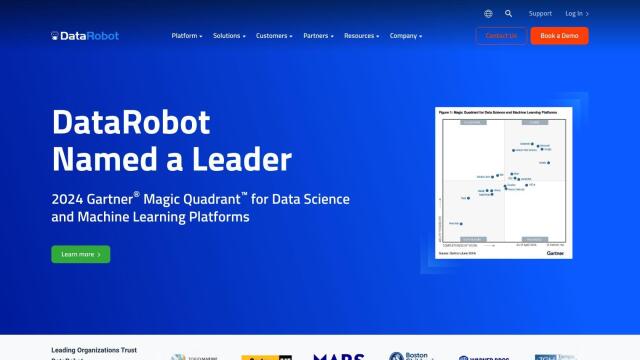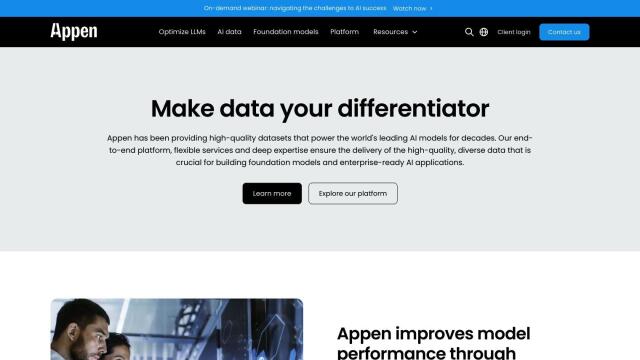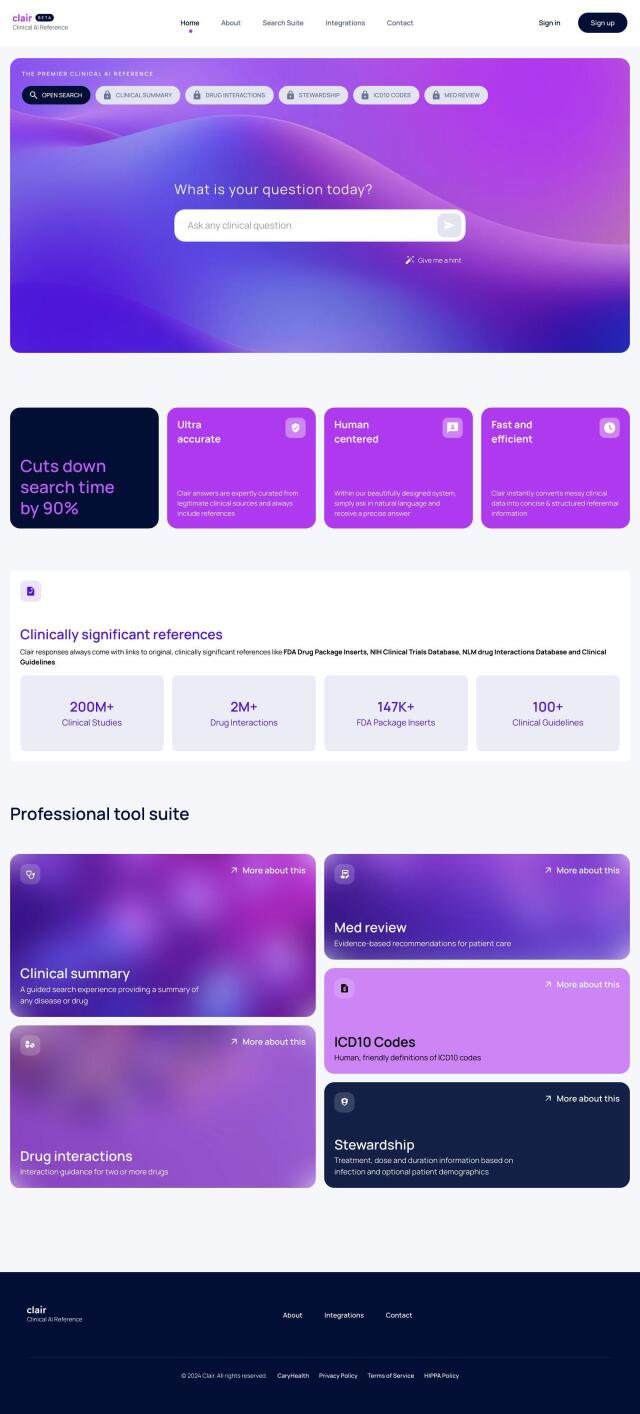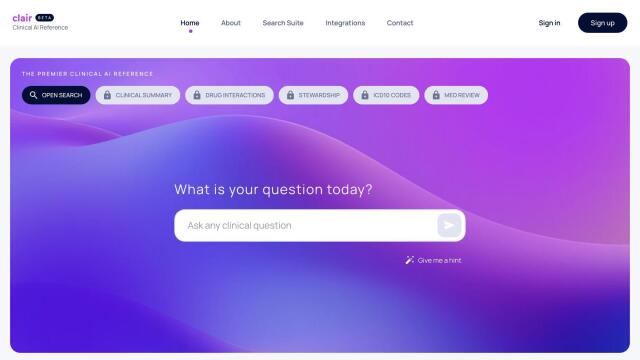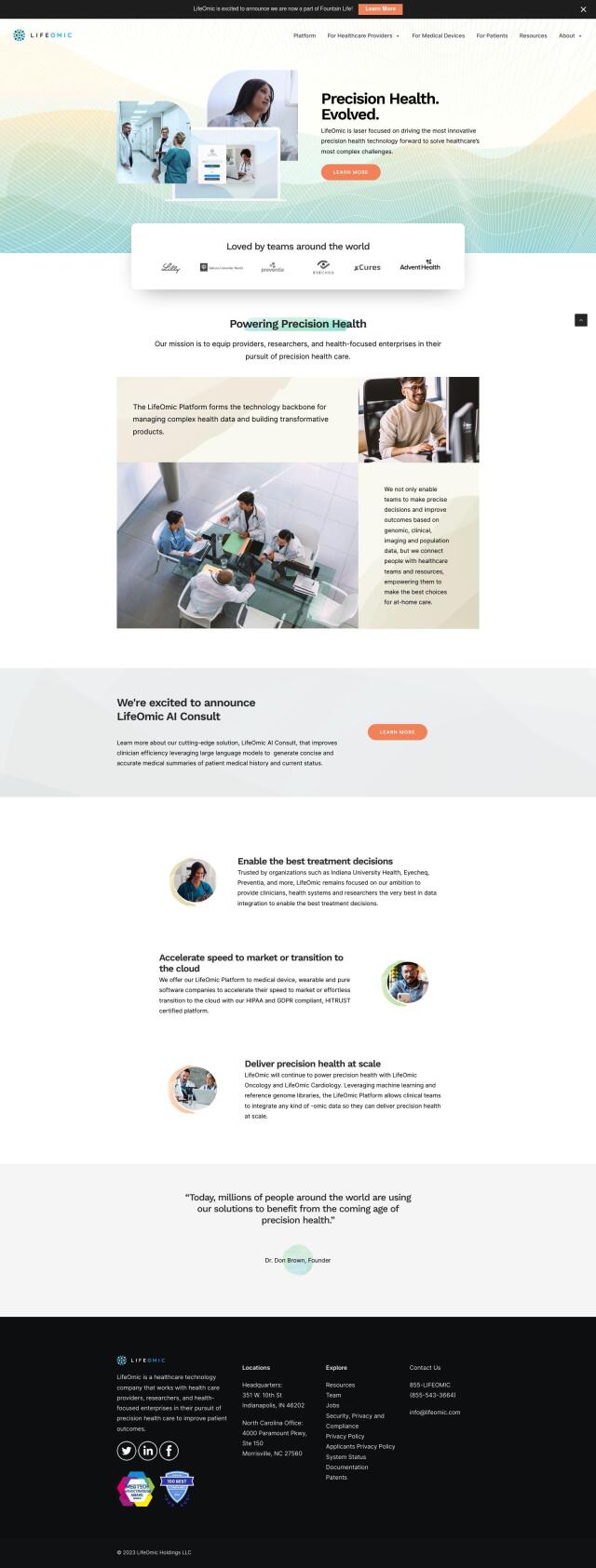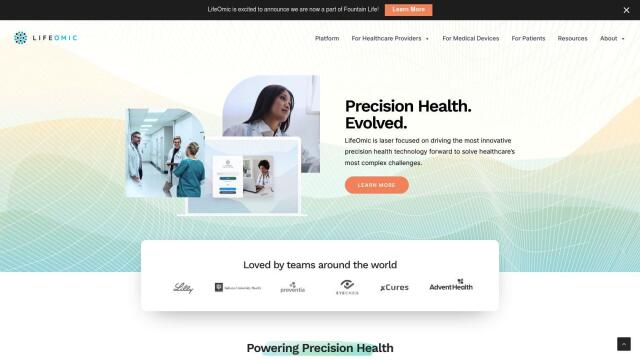
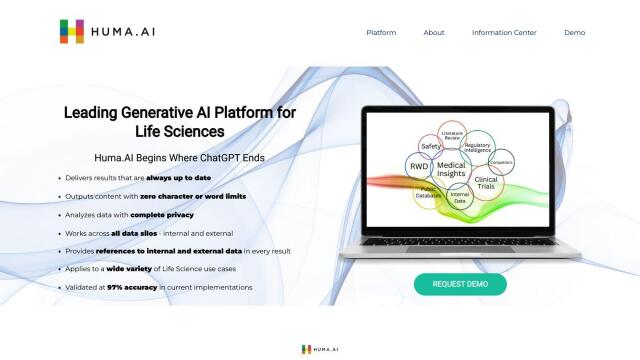
Huma.AI
If you're looking for another option besides BenchSci's ASCEND platform, Huma.AI is also worth a look. This generative AI platform is geared for the life sciences industry, helping medical affairs, regulatory affairs, and clinical development teams understand and interpret machine learning results. It offers real-time results with no character or word limits, complete privacy, and access to internal and external data sources. Validated at 97% accuracy, Huma.AI provides actionable data and insights in plain language, with hands-on support from life science and IT experts.
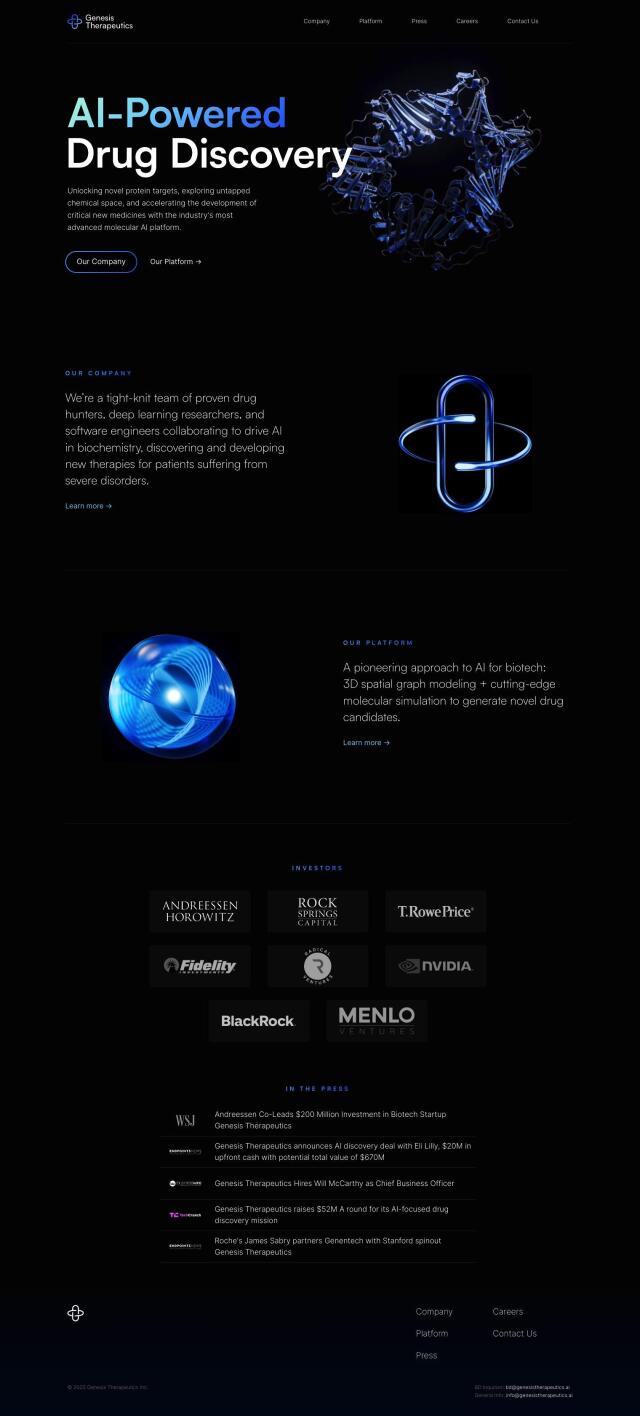
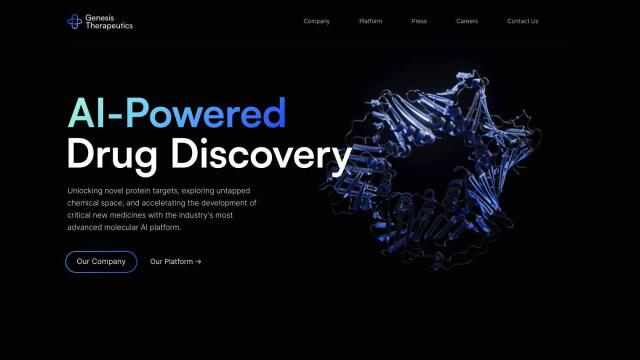
Genesis Therapeutics
Another option is Genesis Therapeutics, which has the GEMS platform for biotech. The AI-based system accelerates the discovery of new drugs by identifying new protein targets and previously unexplored chemical space. It combines deep learning and molecular simulations to predict properties and generate molecules, so researchers can design first- and best-in-class small molecule drugs. Genesis Therapeutics has demonstrated success in predicting ADMET properties, so it's a good option for biotech research.
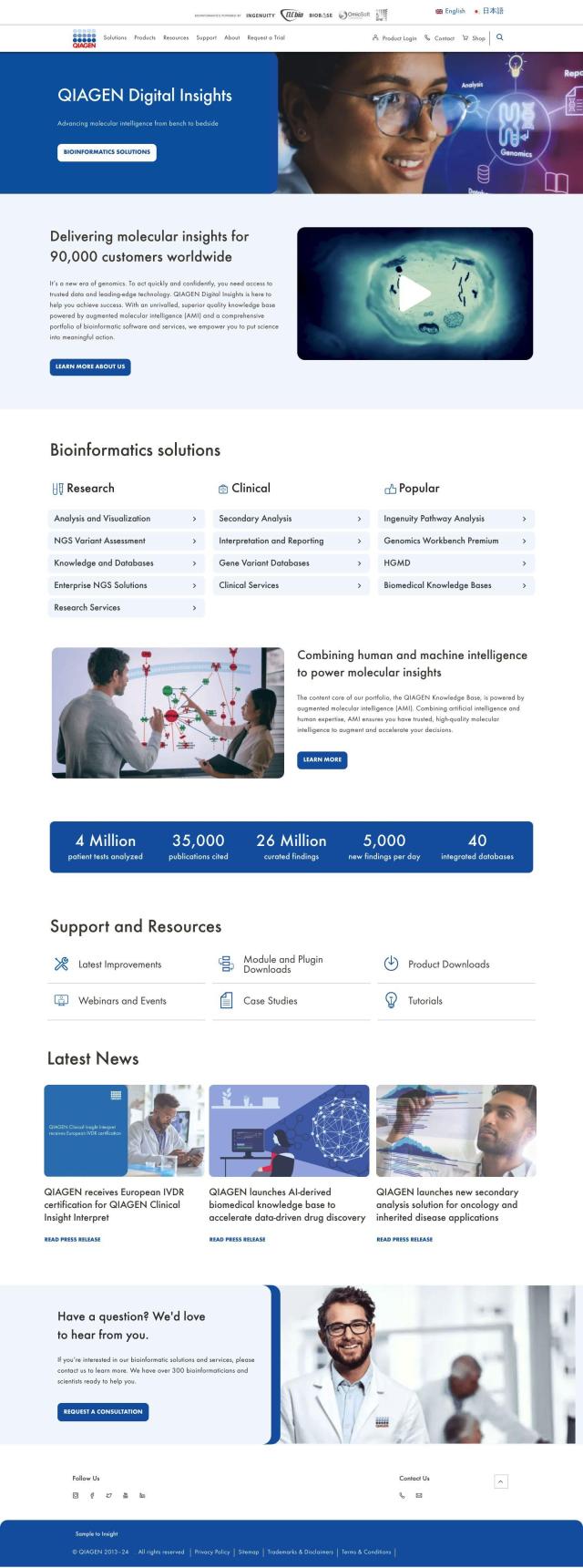
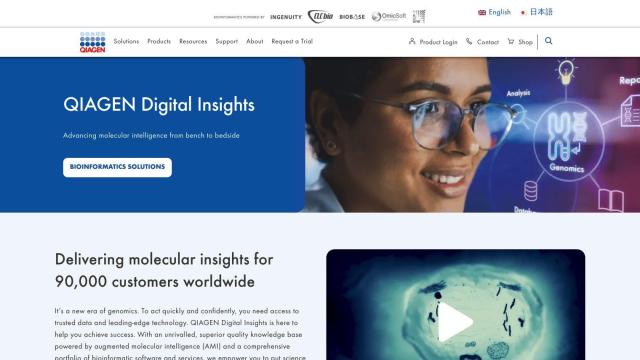
QIAGEN Digital Insights
If you're looking for something more general purpose for genomic and clinical research, QIAGEN Digital Insights is also an option. The company's bioinformatics software platform offers expert-curated solutions for genomic and clinical research, helping users extract meaningful insights from basic research to patient care. It includes tools like Ingenuity Pathway Analysis, Genomics Workbench Premium and the QIAGEN Knowledge Base, all powered by augmented molecular intelligence (AMI) to ensure trusted and high-quality molecular insights.
These platforms have robust features that can help your research and development, so they're a good alternative to BenchSci's ASCEND platform.

